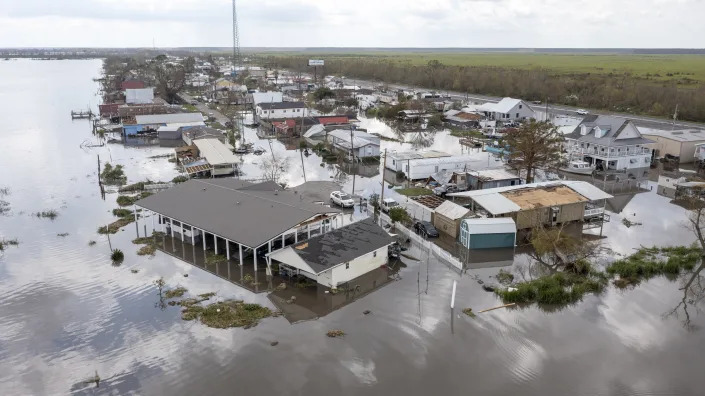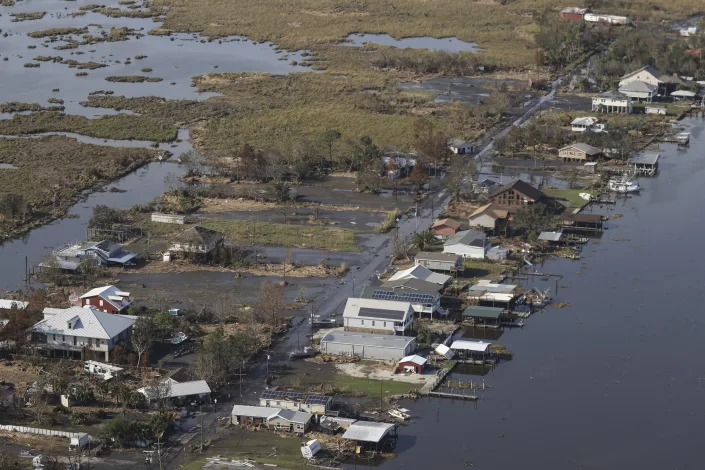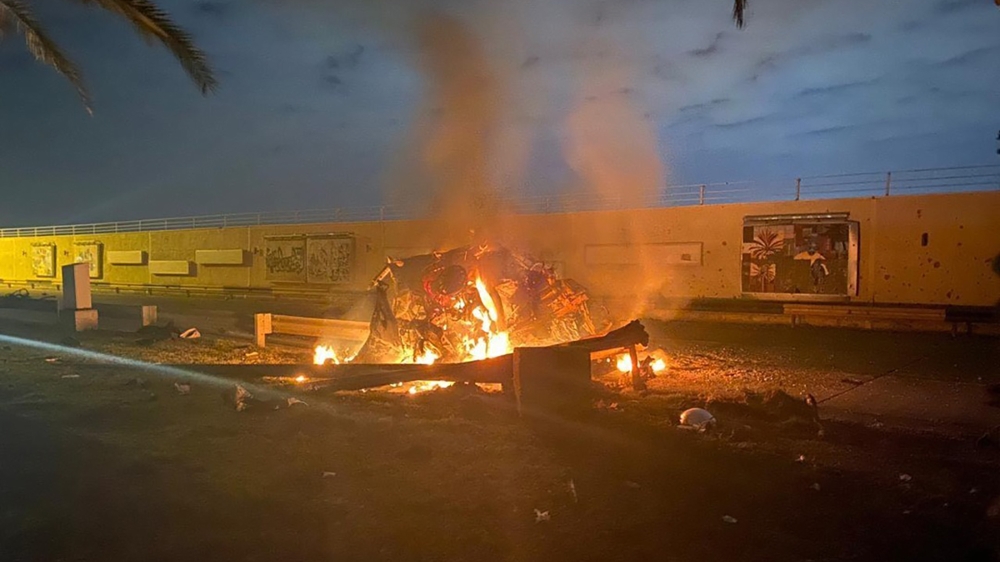THE PHILIPPINES OFW WORKERS ARE THEIR ONLY EXPORT
THEY ARE KNOWN AS TFW TEMP FOREIGN WORKERS WHEN
THE EMIGRATE. THEY ARE THE ECONOMIC ENGINE OF THE
FILIPINO ECONOMY BASED ON THE REMITTANCES THEY SEND
HOME FROM WORK ABROAD
AFP•January 16, 2020
Philippines to reimpose a ban on its citizens going to work in Kuwait
The Philippines said Friday it was reimposing a ban on its citizens going to work in Kuwait after a Filipina maid, Jeanelyn Villavende, was allegedly killed by her employer, echoing
a 2018 row between the two countries.
The Philippines said Friday it was reimposing a ban on its citizens going to work in Kuwait after a Filipina was allegedly killed by her employer, echoing a 2018 row between the two countries.
President Rodrigo Duterte approved the ban as his government accused the emirate of covering up the killing of a maid, one of about 240,000 Filipinos working in the Gulf state.
They are among the millions of its citizens the Philippines has sent to work abroad, seeking salaries they cannot get at home.
The money they send back accounts for about 10 percent of the Philippine economy.
Duterte's government briefly banned Filipinos deploying for work in Kuwait two years ago amid a diplomatic row that began with the discovery of the remains of a murdered Filipina maid in her employers' freezer.
"The result of the (Philippine) re-autopsy... indicates that overseas Filipino worker Jeanelyn Villavende was sexually abused," Duterte spokesman Salvador Panelo said in a statement, referring to the woman at the centre of the new ban.
Labour Secretary Silvestre Bello alleged Thursday that an earlier autopsy in Kuwait had concluded that Villavende died from heart failure arising from physical injuries.
The labour department said in a separate statement that the ban covers all Filipinos going to work in Kuwait, though skilled workers and professionals with un-expired contracts are exempted.
Workers already on the job in Kuwait are allowed to finish their contracts.
Officials at the Kuwaiti embassy in Manila could not be reached for comment Friday.
Panelo said the ban would only be lifted once Kuwait agrees to fully implement the terms of an agreement signed after the 2018 row that offered security guarantees for Filipino workers.
At the height of the earlier ban Duterte alleged that Arab employers routinely raped Filipina workers, forced them to work long hours and fed them scraps.
His government then ordered its embassy staff in Kuwait to help Filipina maids flee allegedly abusive bosses, provoking the emirate to expel the Filipino ambassador.
Tensions later died down and the ban was lifted three months later after the two governments thrashed out the labour agreement and Duterte made a public apology to the Kuwaiti government.
AFP•January 16, 2020
Philippines to reimpose a ban on its citizens going to work in Kuwait
The Philippines said Friday it was reimposing a ban on its citizens going to work in Kuwait after a Filipina maid, Jeanelyn Villavende, was allegedly killed by her employer, echoing
a 2018 row between the two countries.
The Philippines said Friday it was reimposing a ban on its citizens going to work in Kuwait after a Filipina was allegedly killed by her employer, echoing a 2018 row between the two countries.
President Rodrigo Duterte approved the ban as his government accused the emirate of covering up the killing of a maid, one of about 240,000 Filipinos working in the Gulf state.
They are among the millions of its citizens the Philippines has sent to work abroad, seeking salaries they cannot get at home.
The money they send back accounts for about 10 percent of the Philippine economy.
Duterte's government briefly banned Filipinos deploying for work in Kuwait two years ago amid a diplomatic row that began with the discovery of the remains of a murdered Filipina maid in her employers' freezer.
"The result of the (Philippine) re-autopsy... indicates that overseas Filipino worker Jeanelyn Villavende was sexually abused," Duterte spokesman Salvador Panelo said in a statement, referring to the woman at the centre of the new ban.
Labour Secretary Silvestre Bello alleged Thursday that an earlier autopsy in Kuwait had concluded that Villavende died from heart failure arising from physical injuries.
The labour department said in a separate statement that the ban covers all Filipinos going to work in Kuwait, though skilled workers and professionals with un-expired contracts are exempted.
Workers already on the job in Kuwait are allowed to finish their contracts.
Officials at the Kuwaiti embassy in Manila could not be reached for comment Friday.
Panelo said the ban would only be lifted once Kuwait agrees to fully implement the terms of an agreement signed after the 2018 row that offered security guarantees for Filipino workers.
At the height of the earlier ban Duterte alleged that Arab employers routinely raped Filipina workers, forced them to work long hours and fed them scraps.
His government then ordered its embassy staff in Kuwait to help Filipina maids flee allegedly abusive bosses, provoking the emirate to expel the Filipino ambassador.
Tensions later died down and the ban was lifted three months later after the two governments thrashed out the labour agreement and Duterte made a public apology to the Kuwaiti government.
---30---
Web result
Overseas Filipino Worker - Wikipedia
Overseas Filipino Worker (OFW) is a term often used to refer to Filipino migrant workers, people ... The Philippine government has stated officially for decades that it doesn't maintain a labor export policy, and has continued to claim so as of 2012. ... Overseas Filipino Workers can only be legally deployed to countries certified ...
Apr 17, 2018 - Migrante International, a global alliance for overseas Filipino workers, have long called for the abolishment of the system. “'Yan 'yung system ...
Feb 9, 2010 - The Philippines and its remittance economy. ... People, the Philippines' best export ... up that are being marketed solely to OFWs, that is, Overseas Filipino Workers. ... Yet returning workers are only a small part of the story.
Jul 12, 2017 - The government has long embraced exporting labor as official economic ... was finding labor markets: The state not only promoted Filipino workers to the ... Overseas Filipino Workers, or OFWs, represent a subset of Overseas ...
Labor Export as Government Policy: The Case of the Philippines
https://www.migrationpolicy.org › article › labor-export-government-polic...
Jan 1, 2004 - Although Filipinos have a longstanding tradition of migration to the United ... be promoted, but only for temporary work via regulated channels.
Philippine Daily Inquirer / 07:52 PM August 27, 2012 ... overseas Filipino workers are, in truth, martyrs for slaving abroad just to help their ... The labor export policy was supposed to be a temporary solution to the economic crisis in the 1970s.
Sep 15, 2019 - No country has worked harder than the Philippines to export its ... Since the mid-
by F Cai - Cited by 10 - Related articles
Aug 24, 2011 - The unprecedented growth of overseas contract workers is one of the ... there was an unprecedented 1.4 million overseas Filipino workers (OFWs) sent abroad
Feb 9, 2010 - The Philippines and its remittance economy. ... People, the Philippines' best export ... I HAVE been in Manila, where it's clear that the most successful export of the ... going up that are being marketed solely to OFWs, that is, Overseas Filipino Workers. ... Yet returning workers are only a small part of the story.
OFWs work in different countries and most of them are paid in the currencies of the ... Exports have improved the structure and competitiveness of the Philippine
Missing: ONLY
by F Cai - Cited by 10 - Related articles
Aug 24, 2011 - In terms of remittances received from OFWs, the number amounted to a historical USD 17.3 ... The first group of Filipino workers arrived in Hawaii in 1906, and more ... In the case of the Philippines, the labour export policy only ...
by E San Juan Jr - 2009 - Cited by 27 - Related articles
The accelerated migration of Filipino contract workers in the last two decades, comprising at ... every president since the export of “warm bodies” was institutionalized as an ... valed only by the trade of African slaves in the previous centuries.









